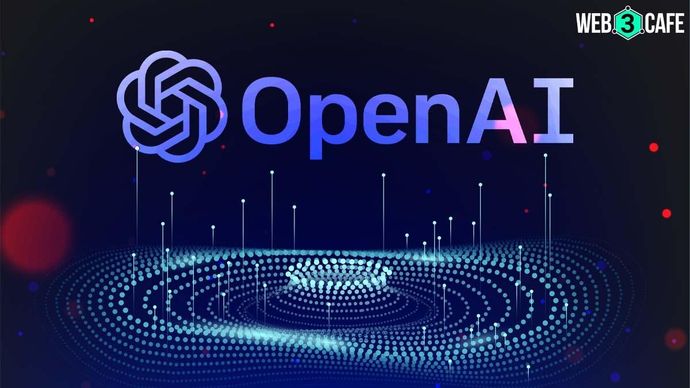ChatGPT Upgrade: 'Custom Instructions' feature now available for users, know how you can use it
OpenAI has unveiled a new 'custom instructions’ feature that enable users to share anything with the artificial intelligence chatbot for upcoming interactions.

Highlights
- OpenAI introduces ‘Custom Instructions’ for ChatGPT
- Users will be able to interact with ChatGPT with fewer prompts
- The new feature available in Beta for Plus users, excluding UK and EU
On 20 July 2023, OpenAI introduced a new 'custom instructions' feature for ChatGPT, allowing users to share information with the AI chatbot for future conversations. With the addition of custom instructions, users will be able to interact with ChatGPT with fewer prompts, increasing both the efficiency and user-friendliness of the process.
ChatGPT will now be able to remember your conversation context based on your chosen preferences, enabling a more customised experience.
The new feature is currently available in Beta for Plus users, and soon it will be rolled out to all users, excluding those in the UK and EU.
With the help of this feature, users will have the flexibility to edit or delete custom instructions for new conversations. The company has also mentioned that if, in any case, users delete their OpenAI accounts, custom instructions associated with their accounts will be deleted within 30 days.
A multi-faceted approach to AI
The introduction of the 'custom instructions' feature brings significant convenience to users by allowing the model to remember and apply their preferences in every future conversation. This means that users won't have to repeatedly mention their specific requirements, as the model will take their instructions into account each time it responds.
Lesson plan for students: For instance, imagine a teacher using ChatGPT to craft a lesson plan. They only need to specify once that they are teaching 3rd grade science, and from that point of view, the model will always consider this context when providing relevant information or answering questions related to the subject matter.
Code generation: Similarly, a developer can specify their preference for efficient code in a language other than Python, and ChatGPT will remember this preference throughout their coding discussions. This ensures that the developer receives code-related suggestions tailored to their chosen language and coding style.
Grocery list: Grocery shopping for a large family also becomes much easier with this feature. When the user instructs the model to account for six servings in their grocery list, the model will consistently adapt its responses to reflect the appropriate quantities, making the shopping process more efficient.
How to use this feature?
Customers who choose to participate in the custom instructions beta programme will be able to start using them right away:
To access the feature on the web:
-Go to the ChatGPT website: https://chat.openai.com
-Click on your name
-Go to settings
-Click on beta features
-Opt into Custom instructions
-Then, Custom instructions will appear in the menu when you click on your name going forward
To access the feature on iOS:
-Go to Settings
-Then click ‘New Features’
-Turn on Custom instructions
-Then Custom instructions will appear in settings
Adds more customised plugins
OpenAI advises users to use trusted plugins and avoid sharing sensitive information with them. The data from the use of custom instructions will be used to enhance the model's performance by teaching it to respond effectively to users' instructions. By sharing relevant information from the instructions with plugins, users can get more personalised interaction with these tools.
For example, if a user specifies their city of residence in the instructions and uses a restaurant reservation plugin, the model can incorporate the city information, leading to more accurate and location-specific results.
However, since the feature is in the beta phase, there might be some imperfections in how ChatGPT interprets and applies custom instructions.
Privacy Concerns
OpenAI continues to place a high priority on safety, as it has introduced the Moderation API to stop keeping records of instructions that violate user regulations in order to assure compliance. The model has also been built to reject or disregard requests that can result in output that is against the usage guidelines.
It's interesting that this change occurs at the same time that OpenAI decides to double the maximum number of messages that ChatGPT Plus subscribers can send to GPT-4 in a particular period of time. Users will soon be allowed to send up to 50 messages every three hours, and the update is anticipated to begin next week.
